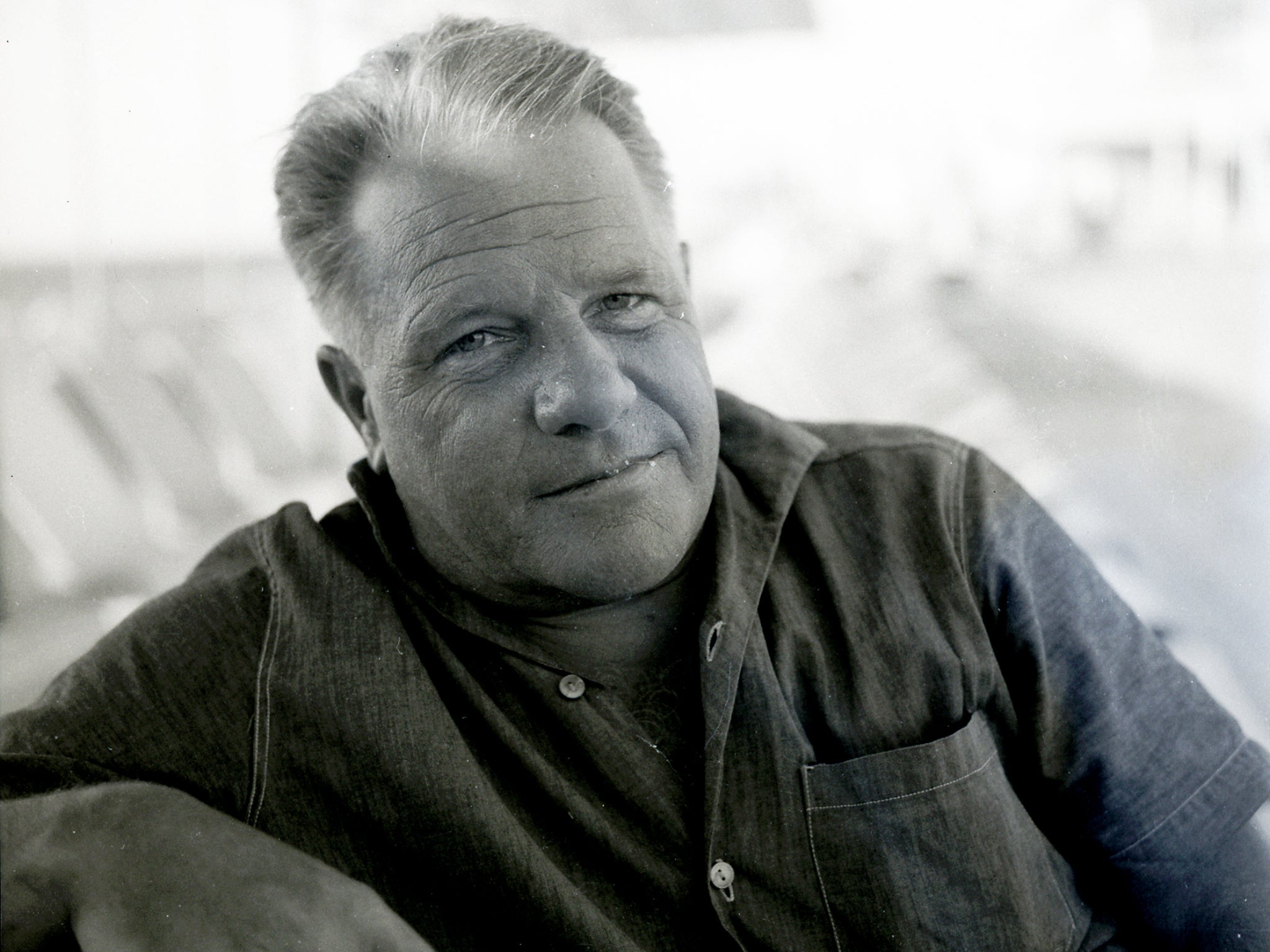Book of a lifetime: The Alexandria Quartet by Lawrence Durrell
From The Independent archive: Fiona Sampson on being hoooked by the throwaway intelligence of a great postmodern novel

The first time I read The Alexandria Quartet, I did so out of order, borrowing whichever volume appeared next on the public library shelves. However, that coloured my experience, I was bowled over. Written by someone of whom I’d heard only as the butt of Gerald Durrell’s family jokes, it was more enticing, as well as more opaque, than anything I’d ever read. I loved the way it scarcely seemed able to contain all that it had to say. I was hooked by its throwaway intelligence. And since I was a teenager I also loved its mystified sophistication, of the kind I was certain awaited me in the big city.
It wasn’t until I was in my twenties and owned a single-volume edition that I realised this first great postmodern novel divulges more, rather than less, with each retelling of its central events: a series of encounters between an all-too-flawed cast of colonial trespassers and native Alexandrians. The simple device of nested accounts, each offering revelations that undermine certainties, abolishes narrative authority at a stroke. It was my first recognition that one needn’t trust what one is told. Later, I also understood how brilliantly it deconstructed colonialism.
Justine bests the inevitable white male protagonist because of the gaps in his story. He fails to understand the city, and the woman, he believes he loves. Durrell’s giant imaginative step out of time and caste, as well as literary convention, argues that self-determination is the fundamental human drive: more important than even love or sex, whose conventional hold on fiction he subverts. This was incendiary stuff for a girl from the provinces.
But as a young adult I fell in love a second time: with the novel’s celebration of cosmopolitanism and decadence. I identified with the greedy observer-narrator, Darley; not least because he lacked the class certainty of many literary protagonists. I recognised his world of bedsits, typewriters and seat-of-the-pants finances; while the fantasy of melting-pot Alexandria was a hyperbolic version of all I liked best about London. Other books soon joined the touchstone “Quartet” in my satchel. Darley’s – or Durrell’s – own touchstone is “the old Greek poet”, “the native poet of the city”.
It was this repeated evocation of Cavafy’s poetry as an echo-chamber of Alexandrian life that got me reading, first the old Hogarth Press edition of Edmund Keeley and Philip Sherrard’s collected translations, then more widely in contemporary poetry. Like any attempt at a zeitgeist, The Alexandria Quartet has dated in places. Its portentousness can make me blush. But whenever I’m discouraged I return to it, and the sheer sense it gives of literature as possibility: intelligent, risk-taking and omnivorous. Shelley’s hell may have been “a city much like London”, but Durrell’s Alexandria, which resembles the entire divine comedy, ends with art as redemptive meaning-making.
How could one resist a novel which ends its 900-odd pages, “I wrote: ‘Once upon a time... ’. And I felt as if the whole universe had given me a nudge!”
Join our commenting forum
Join thought-provoking conversations, follow other Independent readers and see their replies
Comments
Bookmark popover
Removed from bookmarks